| Ali Khademhosseini, Ph.D. | |
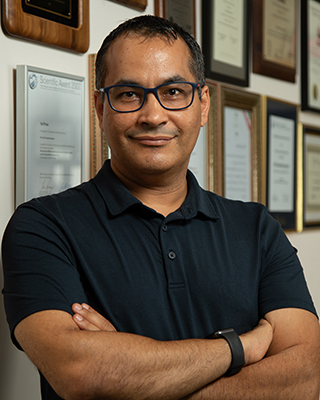 |
Engineering in Precision Medicine CEO and Founding Director, Terasaki Institute for Biomedical Innovation
|
| Theodore Miclau, M.D. | |
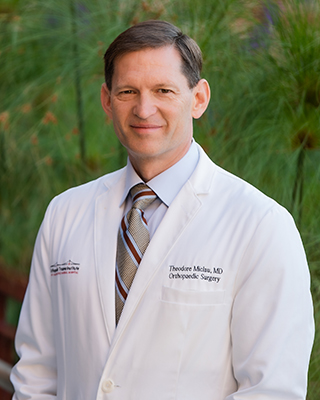 |
Collaborative Musculoskeletal Research Networks: Creating an Impact Worldwide Department of Orthopaedic Surgery University of California, San Francisco
|
| Peter Visscher, PhD, FRS, FAA | |
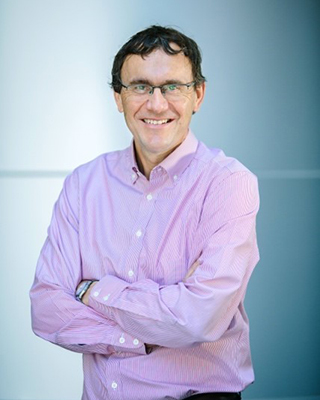 |
The polygenic revolution in human complex trait genetics:from gene discovery to phenotype prediction Co presenting with Naomi Wray
|
| Naomi Wray, PhD, FAA, FAHMS | |
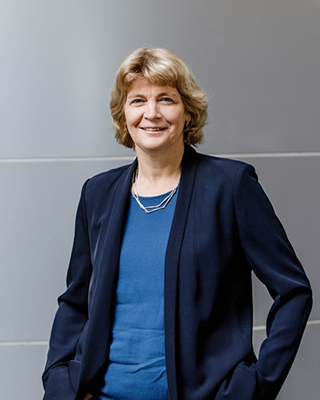 |
The polygenic revolution in human complex trait genetics:from gene discovery to phenotype prediction Co Presenting with Peter Visscher
|
| Frank Beier, Ph.D. | |
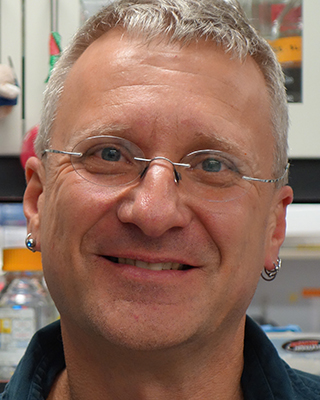 |
Animal models of osteoarthritis Department of Physiology and Pharmacology, University of Western Ontario
|
| Anthony Bull, Ph.D. FREng | |
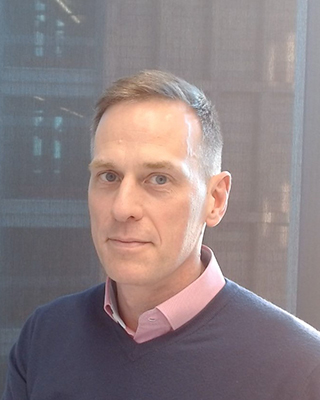 |
Engineering solutions for severe musculoskeletal trauma Imperial College London, UK
|
| Matt Dalby, Ph.D. | |
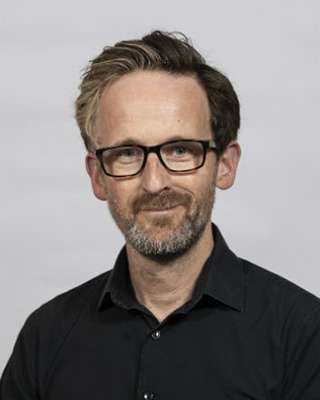 |
Nanoscale materials to direct mesenchymal stem cell growth and differentiation Centre for the Cellular Microenvironment, University of Glasgow
|
| Mackenzie Hagan, Ph.D. | |
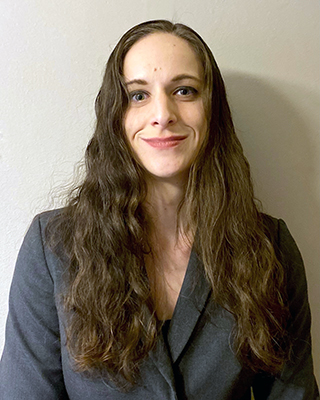 |
Validation of an in vivo mechanical loading model using DXA-derived BMD analysis Applications Scientist, KUBTEC Scientific, USA
|
| Andrew C. Hall, Ph.D. | |
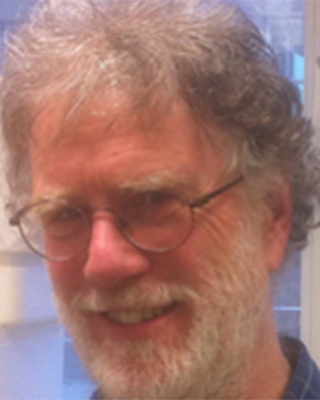 |
Cartilage loss in osteoarthritis - a problem with the chondrocyte phenotype? Edinburgh Medical School, University of Edinburgh
|
| Francis Lee, M.D., Ph.D. | |
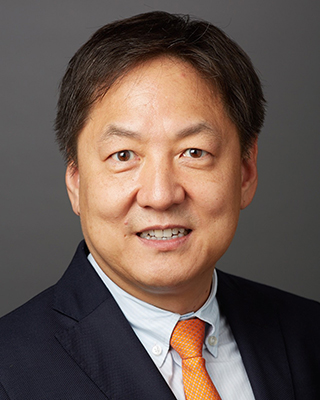 |
Experimental animal models and mechanisms portraying clinical dilemmas of Impaired fracture healing Wayne O. Southwick Professor, Yale University U.S.A.
|
| Christine Le Maitre, Ph.D. | |
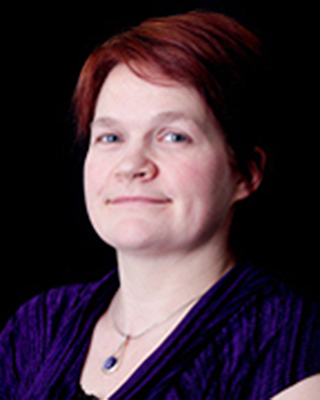 |
Developing therapeutic strategies to promote intervertebral disc regeneration Biomolecular Sciences Research Centre Sheffield Hallam University
|
| Ali Mobasheri, DPhil (Oxon). | |
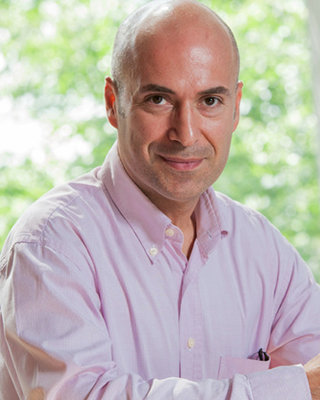 |
Osteoarthritis phenotypes and endotypes: what do we know and what can we learn from other disease areas to develop targeted treatments? Faculty of Medicine, University of Oulu, Finland
|
| Pankaj Pankaj, PhD. | |
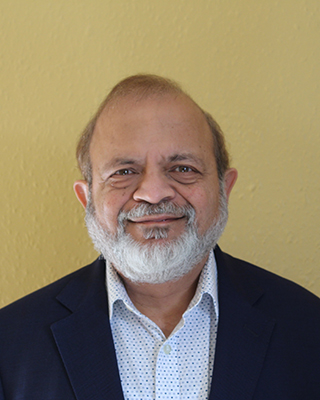 |
Novel in silico approaches to optimise fracture treatment Institute for Bioengineering, School of Engineering, The University of Edinburgh
|
| Bruno Peault, PhD. | |
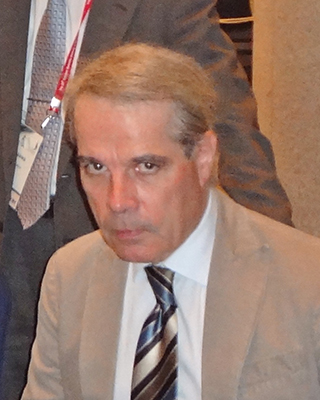 |
A view to mesenchymal stem cells, in and out of the niche University of Edinburgh and University of California, Los Angeles
|
| Katharina Schmidt-Bleek, PD Dr. rer. nat. | |
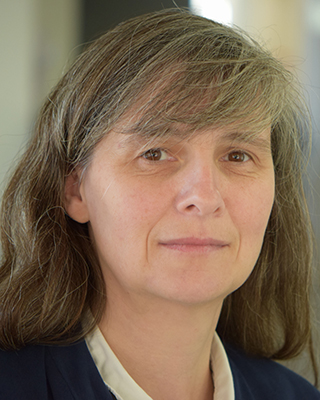 |
The importance of the immune reaction during bone regeneration Biology of Bone Healing, Julius Wolff Institut, Charité - Universitätsmedizin Berlin
|
| Fiona Watt, PhD | |
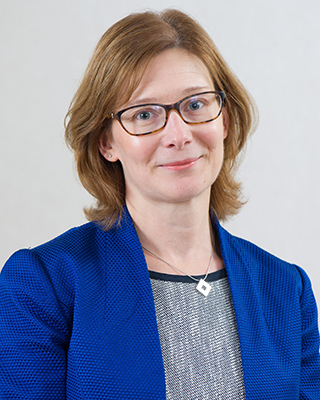 |
Prevention of Post-traumatic osteoarthritis: Pipedream or reality? Imperial College London
|
| Eleftheria Zeggini, PhD | |
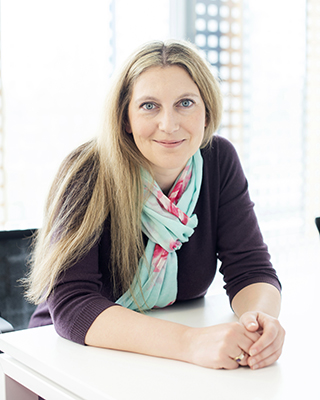 |
The genomic aetiology of osteoarthritis Institute of Translational Genomics, Helmholtz Munich
|











The International Combined Orthopaedic Research Societies (ICORS) serves as an alliance of societies to promote basic, translational, and clinical musculoskeletal research worldwide. The Combined Meeting was launched in 1992 and has convened every three years since On October 15, 2013, at the 8th Combined Meeting of the Orthopaedic Research Societies hosted by the European Orthopaedic Research in Venice, Italy, a new alliance was formed; the International Combined Orthopaedic Research Societies. Nine organizations were selected and approved as the founding members; Australia/New Zealand ORS, British ORS, Canadian ORS, Chinese ORS, European ORS, Japanese Orthopaedic Association, Korean ORS, the Orthopaedic Research Society, and the Taiwanese ORS.
ICORS 2022 Disclaimer
If you have any questions or suggestions, please contact us: ICORS2022CHARACTER SEQUENCE@ed.ac.uk or click to email.